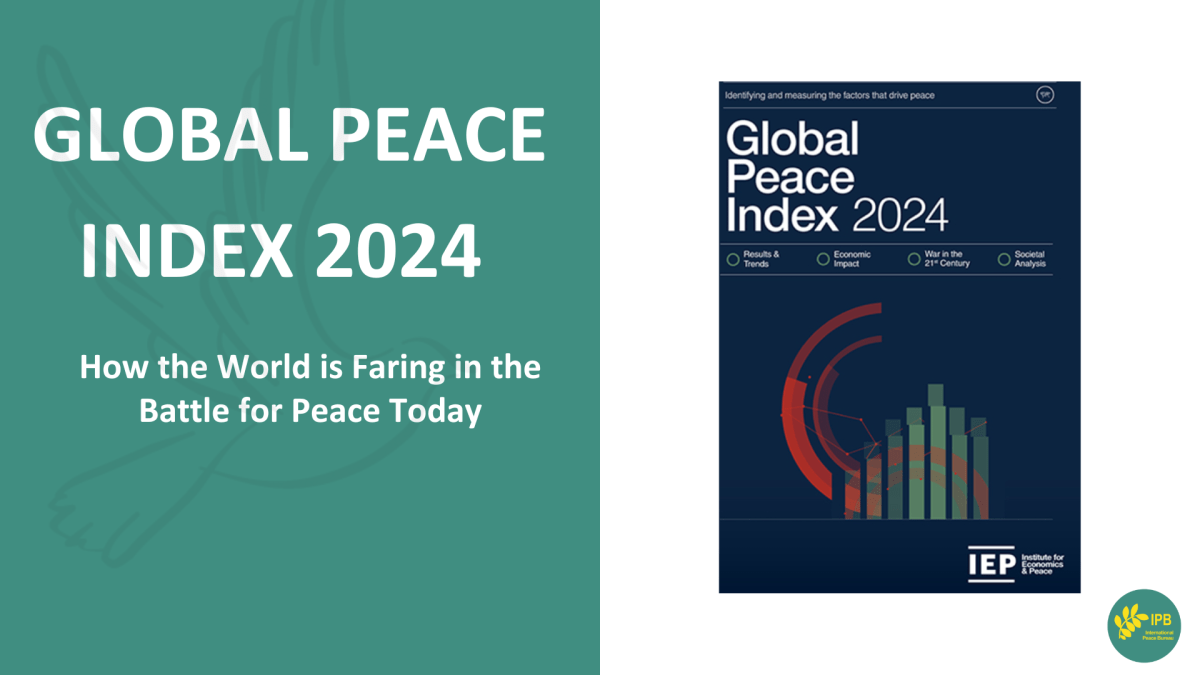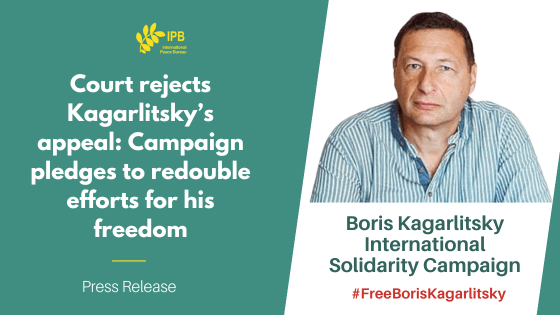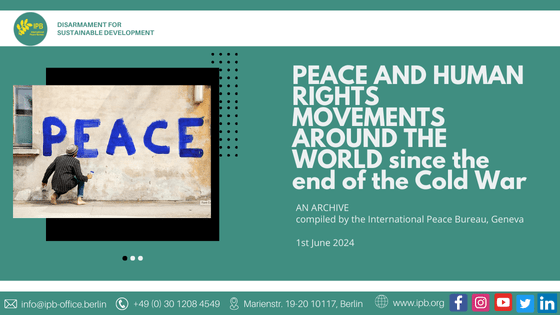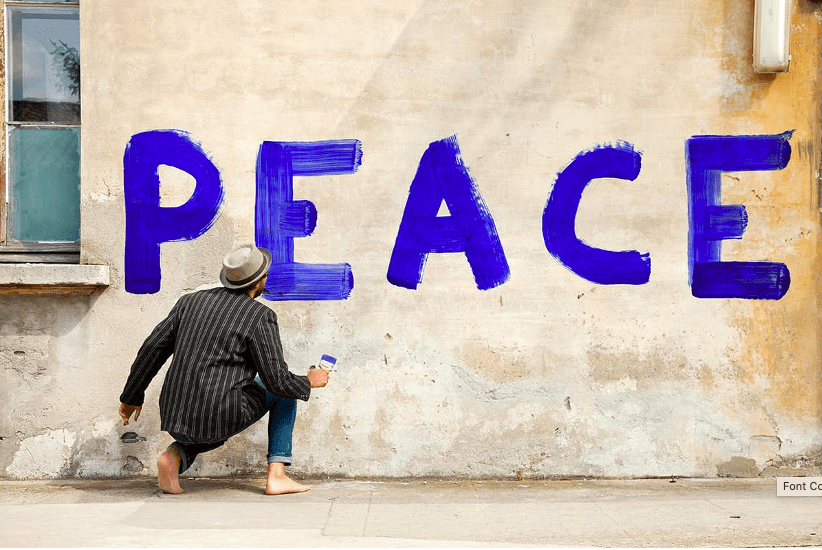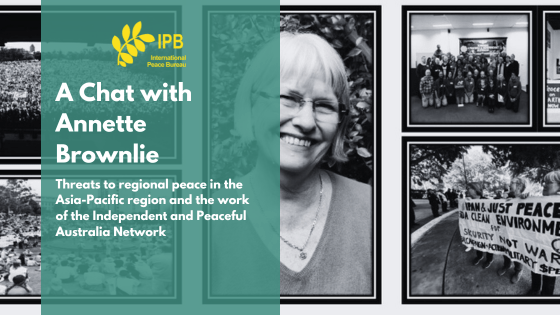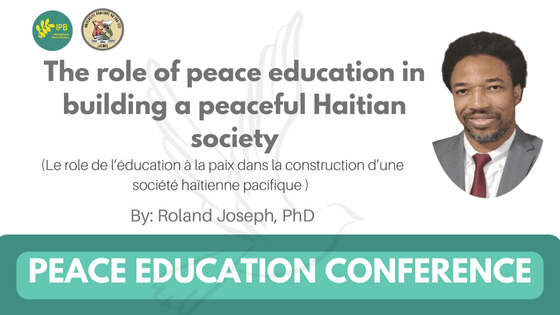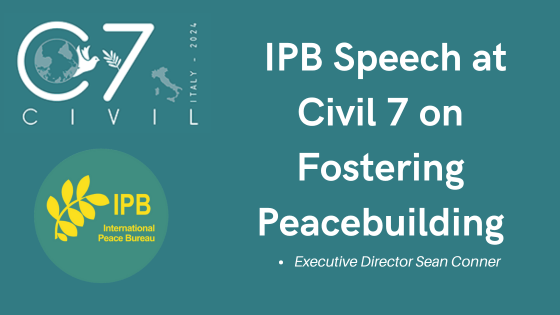The Institute of Economics and Peace has just released the 18th edition of its Global Peace Index (GPI). The GPI evaluates the current status of peace according to three metrics: social safety & security; presence of domestic & international conflict; and degree of militarization. The results from the report confirm the unfortunate reality that democracy and peacebuilding are currently on a historic backslide.
In a statistic which captures the essence of the findings, the GPI reports that there are 56 active conflicts in the world today, which is the most since the second World War. In fact, 97 countries have experienced a decline in peacefulness in 2024, which marks a record for any given year since the beginning of the index. Accompanying this increase in violence are larger ratios of military expenditure to size of GDP for 86 countries, indicating a frightening willingness to take up arms.
As expected, the effects of armed conflicts are devastating. For instance, more than 95 million people have been displaced from their homes thanks to prolonged violence. Over the last three decades, battle deaths peaked in 2022, with the Russo-Ukranian war contributing to this figure without doubt, producing 2000 casualties for nearly every month that it has been waged. The economic effects of these situations are crippling too: armed conflicts wrought an estimated total of $907.5 billion dollars of damages in 2023. In contrast, peacekeeping and peacebuilding efforts were only allocated $49.6 billion last year, meaning that for every dollar countries lose from violence, they are only willing to spend six cents to solve the problem. Obviously, the return on investment in this transaction will continue, then, to be minimal.
The conclusions of the GPI should draw attention to the global crisis that the world is in the midst of. To compound on present worries, the reports leave out analysis on the impact of conflict and militarization on climate change, which simply cannot be ignored. If bold and drastic action is not taken by heads of state and intergovernmental organizations immediately, future generations will come to the rue the idleness of the present. The International Peace Bureau provides recommendations on how to alleviate current tensions through the Global Campaign on Military Spending and its Common Security Report 2022. For further information on how to militarization intersects with climate issues, see the report issued by the Conflict and Environment Observatory.
The full Global Peace Index 2024 report is here.

